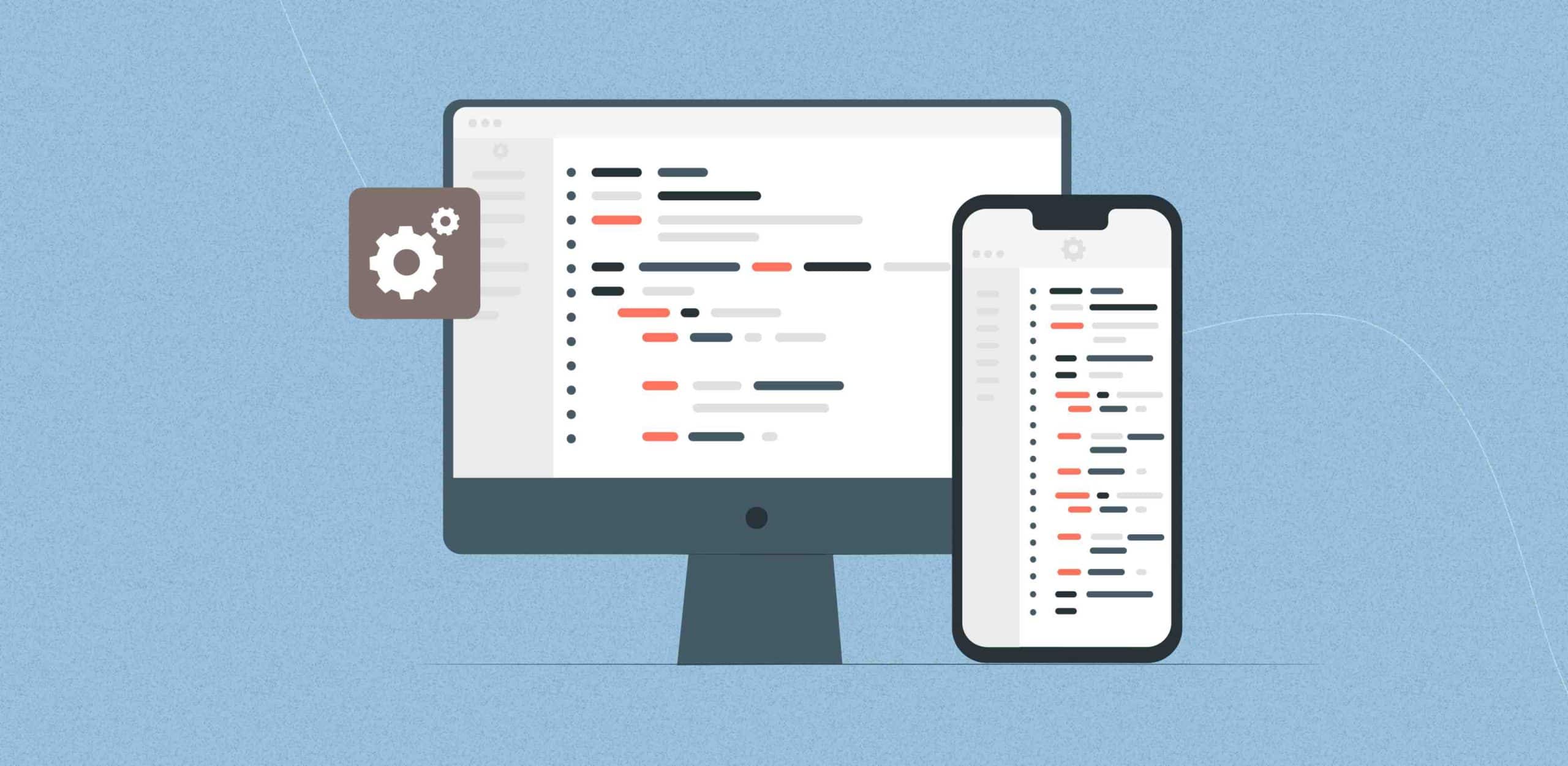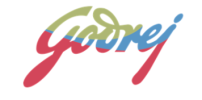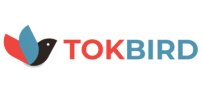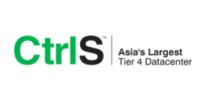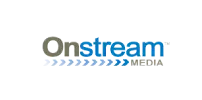In the rapidly evolving world of education, a Learning Management System (LMS) stands as a cornerstone for facilitating seamless learning experiences. However, not all LMS platforms are created equal. The significance of customization in meeting specific educational needs has never been more critical. A custom LMS is tailored to fit the unique requirements of an organization, offering unparalleled flexibility and efficiency. Understanding the key components that contribute to the effectiveness of a custom LMS is essential for unlocking its full potential.
Why Customize Your LMS?
Customization is the key to unlocking a learning management system that not only meets but exceeds expectations. Off-the-shelf solutions often provide a one-size-fits-all approach that can leave unique educational goals unmet. A custom LMS, on the other hand, is designed with your specific objectives in mind, ensuring a perfect fit for your organization.
The advantages of a custom LMS are numerous. Customization addresses unique learning objectives, enhancing user experience through interfaces and features that cater to your audience. It supports scalability, allowing the system to grow and evolve with your organization. By investing in a custom LMS, you’re not just purchasing software; you’re building a solution that integrates seamlessly with your educational strategies.
Core Components of a Custom LMS
A custom Learning Management System (LMS) is tailored to fit the unique needs and objectives of its users, providing a personalized, efficient, and engaging learning experience. Below are the essential components that make a custom LMS stand out from off-the-shelf solutions, each playing a crucial role in its success.
User-Friendly Interface
An intuitive design in today’s digital learning environments is non-negotiable. A user-friendly interface ensures that learners of all skill levels can navigate the platform effortlessly, which is critical in making the learning process more engaging. Custom LMS platforms prioritize ease of use, incorporating features like simple navigation menus, clear instructions, and accessible content. This focus on user experience creates a welcoming environment for users to explore, learn, and return to. The design process often involves user feedback to refine and improve the interface continually, ensuring that the LMS evolves to meet user needs effectively.
Personalized Learning Paths
By utilizing adaptive learning technologies and offering personalized course recommendations, the system can cater to individual learning styles, pacing, and preferences. This approach transforms education into a more personal and effective experience for each learner. It enables educators to create a diverse range of learning materials and activities, from interactive modules to targeted assignments, ensuring that each learner’s journey is aligned with their goals and capabilities. Personalized learning paths not only enhance learner engagement but also improve retention rates and outcomes, making education more meaningful and impactful.
Robust Reporting and Analytics
Data-driven insights are invaluable in the educational process. A custom LMS equipped with robust reporting and analytics capabilities enables educators and administrators to monitor progress, identify areas for improvement, and make informed decisions. This level of insight into learner engagement, course completion rates, assessment scores, and more, ensures that learning objectives are met and that the education provided is of the highest quality. Advanced analytics can also predict learner success and identify at-risk students, allowing for timely interventions. By understanding the dynamics of the learning process, educators can tailor their approaches to meet learners’ needs better and optimize the learning experience.
Integration Capabilities
In a world where technology is ever-evolving, the ability to integrate with other tools and systems is crucial. A custom LMS can seamlessly connect with HR systems, content creation tools, third-party educational resources, and more, creating a unified and efficient learning ecosystem. This interoperability facilitates a streamlined experience for both learners and educators, allowing for the easy transfer of data, the use of diverse content sources, and the implementation of comprehensive educational strategies. Integration capabilities ensure that the LMS remains adaptable and can evolve with technological advancements and changing educational needs.
Mobile Compatibility
The need for mobile compatibility cannot be overstated. With the increasing use of smartphones and tablets for educational purposes, a custom LMS with a responsive design ensures that learners have access to their education anytime, anywhere. This flexibility is key to accommodating the diverse schedules and lifestyles of modern learners, allowing them to engage with their studies during commutes, in between tasks, or from remote locations. Mobile compatibility enhances the reach and effectiveness of educational programs, making learning more accessible and convenient for everyone involved.
Security Features
Protecting user information is paramount in maintaining trust and compliance with regulatory standards. A custom LMS incorporates advanced security features to safeguard data, ensuring that privacy measures are in place and that the platform is secure against potential threats. These features can include data encryption, secure authentication methods, regular security audits, and compliance with standards such as GDPR. By prioritizing security, a custom LMS ensures that users feel safe and protected, fostering a trusting and respectful learning environment.
Technical Support and Maintenance
The journey doesn’t end with deployment. Ongoing technical support and regular updates are vital to keeping the LMS functional, secure, and up-to-date with the latest educational technologies. A custom LMS is supported by a dedicated team, ensuring that any issues are swiftly addressed and that the platform evolves alongside educational trends. This continuous support and maintenance guarantee that the LMS remains a robust, efficient, and effective tool for education, adapting to new challenges and opportunities as they arise.
Let’s talk about how our e-learning development services can address your needs.
Implementing Your Custom LMS
The journey toward implementing a custom Learning Management System (LMS) is both exciting and demanding, marking a pivotal moment in an organization’s quest to enhance its educational offerings. This endeavor, significant in its potential to transform learning environments, requires meticulous planning, strategic partnerships, and a forward-looking approach. Here’s a detailed exploration of the key stages in the development and implementation of a custom LMS.
Initial Requirement Analysis The first step in the journey is conducting a comprehensive requirement analysis. This phase is foundational, as it sets the direction for the entire project. The goal here is to gain a deep understanding of your organization’s specific needs, challenges, and objectives in education and training. This involves engaging with stakeholders across the spectrum, including educators, administrators, technical staff, and, most importantly, the end-users: the learners themselves.
Requirement analysis should cover various aspects such as:
- Educational Goals: What are the learning outcomes you aim to achieve with the LMS?
- User Needs: What functionalities and features are essential for your educators and learners? This can range from course management tools to interactive forums and personalized learning paths.
- Technical Requirements: What are the technical prerequisites, such as integrations with existing systems, data migration needs, and security protocols?
- Scalability: How might your needs evolve in the future? The LMS should be able to accommodate growing numbers of users, new types of content, and emerging educational technologies.
Choosing the Right e-learning App Development Partner
With a clear understanding of your requirements, the next critical step is selecting a e-learning app development partner. This decision cannot be understated, as it will significantly influence the success of your custom LMS. The ideal partner is one that brings not only technical expertise but also a profound understanding of the educational landscape. Therefore, it is essential to wisely choose your Custom development partner for Learning Management System (LMS).
Look for a partner with:
Proven Experience: A track record of successful LMS projects, preferably in your sector, can be a strong indicator of their capability.
Educational Insight: Knowledge of educational principles, learning theories, and the unique challenges faced by educators and learners.
Innovative Approach: The ability to suggest and implement modern solutions that can enhance the learning experience.
Support and Maintenance: A commitment to provide ongoing support, training, and system updates.
Planning for Scalability and Future Needs
An effective custom LMS is not just about meeting today’s requirements but also anticipating the needs of tomorrow. Scalability should be a core consideration from the outset, ensuring that your LMS can grow and adapt over time. This involves:
Modular Design: Choosing a design that allows for the easy addition of new features and functionalities as they become necessary.
Flexible Infrastructure: Ensuring the underlying technology can handle increased loads, whether that’s more users, courses, or data.
Future-proofing: Keeping an eye on emerging trends in educational technology to ensure your LMS can integrate with new tools and approaches in the future.
Engaging in a Collaborative Development Process
The development of a custom LMS should be a collaborative process. Regular communication between your organization and the development team ensures that the project aligns with your vision at every stage. This can involve periodic reviews, prototype testing, and feedback sessions to refine requirements and make adjustments as necessary.
Testing and Implementation
Before the full-scale launch, extensive testing is crucial to ensure the LMS functions as intended and meets all user needs. This includes usability testing, security checks, and performance assessments. Once testing is complete, the implementation phase can proceed, involving data migration, user training, and the official launch of the platform.
Conclusion
The components of a custom LMS discussed above are foundational to creating a platform that not only meets educational needs but also enhances learning experiences, engagement, and outcomes. As we look to the future of education, the importance of these components cannot be overstated. A custom LMS offers the flexibility, efficiency, and personalization necessary to unlock excellence in education. Whether you’re enhancing existing educational initiatives or building new ones from the ground up, consider how a custom LMS could be the key to achieving your goals and how a e-learning app development company can be your best development partner.
Let’s transform your business for a change that matters.
F. A. Q.
Do you have additional questions?
What is WebRTC, and how does it enhance digital communication?
WebRTC stands for Web Real-Time Communication, an open-source project that enables real-time audio and video communication directly in web pages and mobile applications without additional plugins. It facilitates seamless, interactive experiences, making digital communication more accessible and efficient.
How does AI contribute to WebRTC technologies?
AI technologies, particularly machine learning and natural language processing, are integrated into WebRTC applications to enhance their functionality and interactivity. AI-driven features like voice recognition, sentiment analysis, and recommendation systems improve user interactions, making communication more intuitive and engaging.
Can AI and WebRTC be used for effective communication in different industries?
Yes, AI-powered WebRTC applications are revolutionizing communication across various industries, including healthcare, education, customer service, and remote collaboration, by providing tailored innovations that address unique challenges and enhance operational efficiency.
What are some AI-driven features available in WebRTC applications?
AI-driven features in WebRTC applications include voice recognition, real-time language translation, emotion recognition, and sentiment analysis. These features contribute to more personalized and efficient communication solutions.
How do AI and WebRTC improve accessibility in communication?
AI enhances accessibility in communication through features like real-time captioning and sign language interpretation, leveraging WebRTC’s framework to make communication more inclusive for individuals with disabilities.
What are the potential future innovations in AI-driven WebRTC technologies?
Future innovations in AI-driven WebRTC technologies may include further refinements in speech-to-text accuracy, improvements in real-time language translation, and the development of more sophisticated emotion recognition capabilities, enhancing personalization and efficiency in communication.
How does WebRTC work without requiring additional installations?
WebRTC is designed to work directly within web browsers and mobile apps using simple APIs, enabling audio, video, and data communication without needing external plugins or applications, thus streamlining the user experience.
What role does AI play in enhancing the security of WebRTC communications?
AI plays a crucial role in enhancing the security of WebRTC communications by implementing AI-driven monitoring and threat detection mechanisms, ensuring safer and more secure communication channels.
Are there examples of AI-powered WebRTC applications in use today?
Examples of AI-powered WebRTC applications include telemedicine platforms for healthcare, virtual classrooms for education, intelligent customer service chatbots, and smart meeting rooms for remote collaboration.
How can businesses and organizations implement AI-powered WebRTC solutions?
Businesses and organizations interested in leveraging AI-powered WebRTC solutions can contact specialized AI development and WebRTC app development companies for custom solutions that meet their specific communication needs and objectives.




